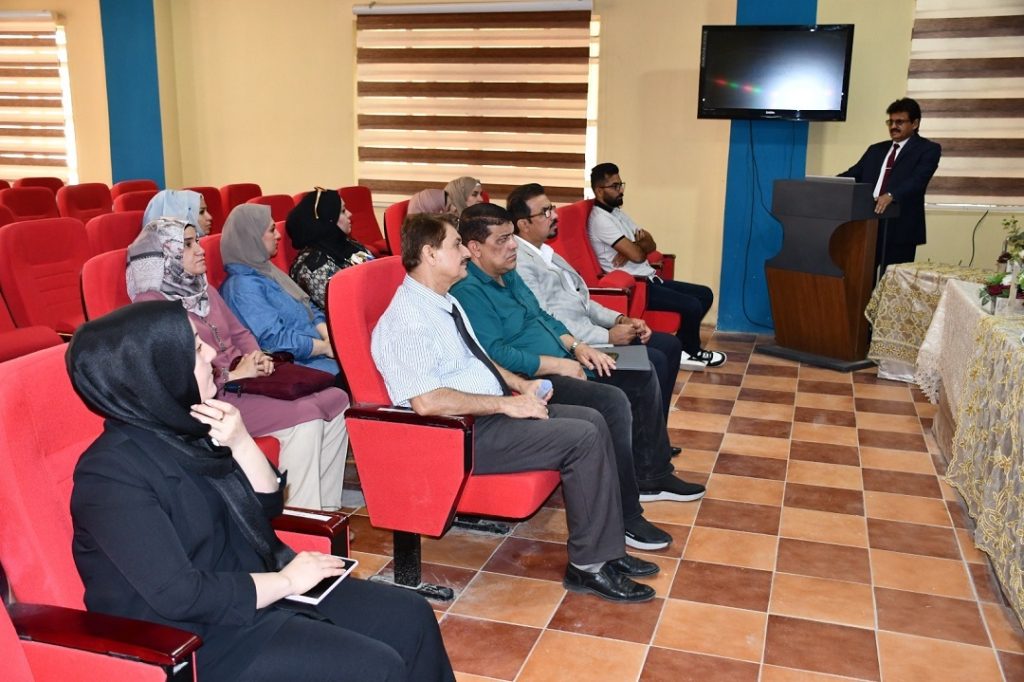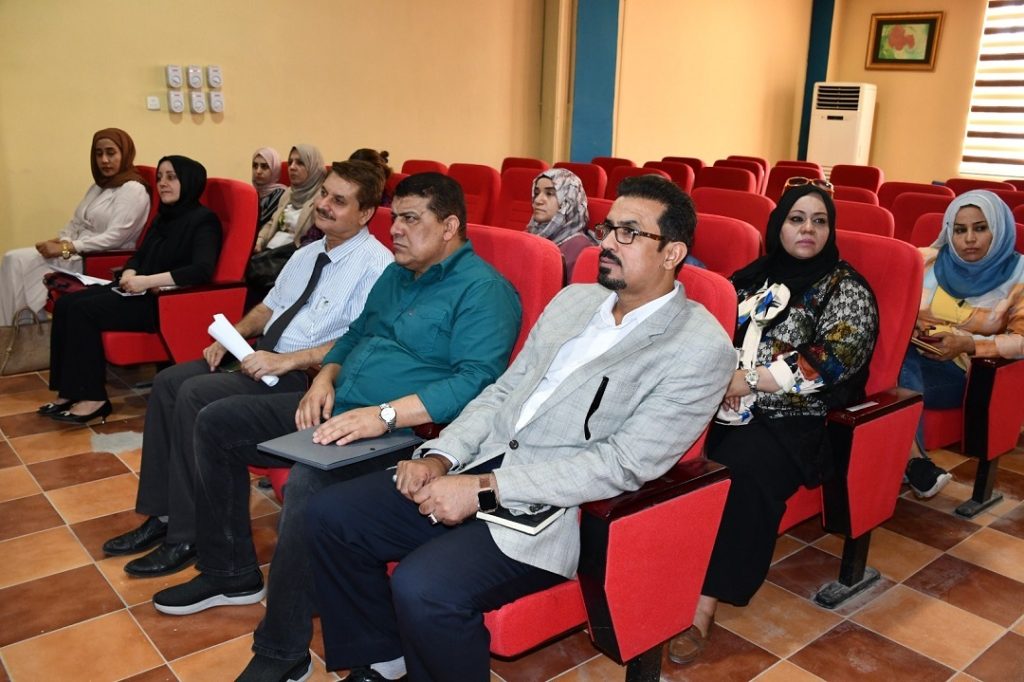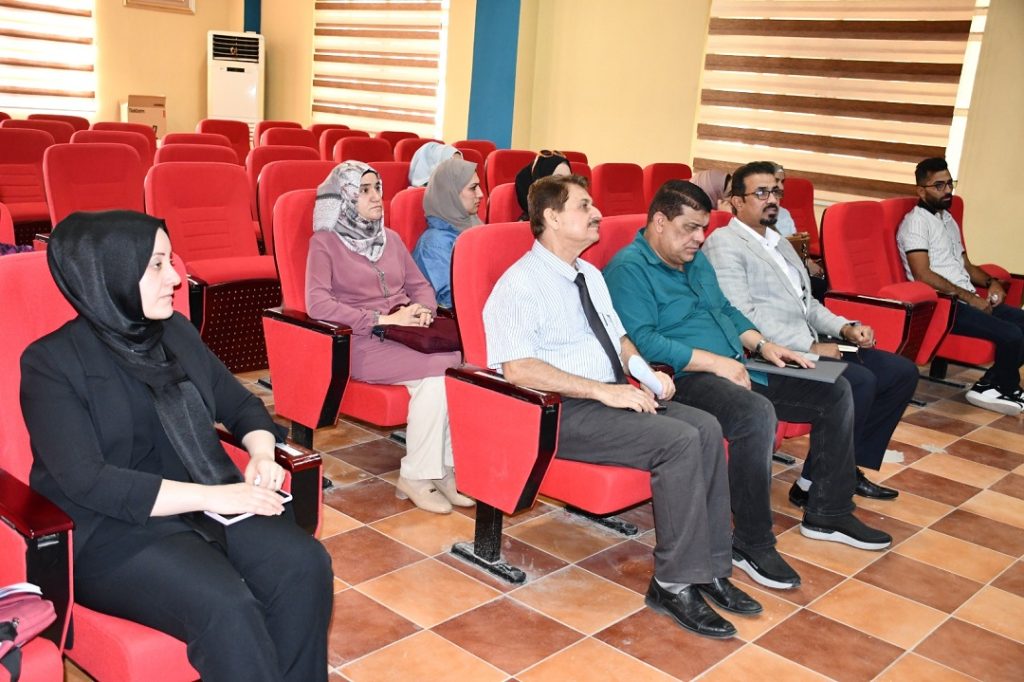The College of Medicine holds a scientific symposium entitled (What is corruption – its causes – its types – and its impact on society)

The Continuing Education Division in the College of Medicine held the scientific symposium entitled “What is corruption – its causes – its types – and its impact on society?” The symposium was moderated by the Jurist Assistant Lecturer, Ramadan Ghazal Noman, an official of the Legal Division.
The symposium aimed to define administrative corruption as a form of deviant behaviour far from ethics, traditions, and virtue. It is an act carried out by a public or private employee or citizen intending to obtain a return or personal profit. Administrative corruption is divided into four groups: (organizational deviations – behavioural deviations – financial deviations – criminal deviance). The causes of administrative and financial corruption are the spread of poverty, ignorance, lack of individual knowledge, the dominance of traditional values, ties based on lineage and kinship, failure to adhere to the principle of balanced separation between the three executive, legislative and judicial powers in the political system, and the weakness of the state’s oversight bodies and their lack of independence.
The outcome of the symposium emphasized activating the basic mechanisms in combating administrative and financial corruption (accountability – accountability – transparency – integrity).





